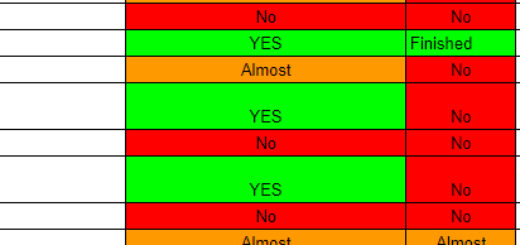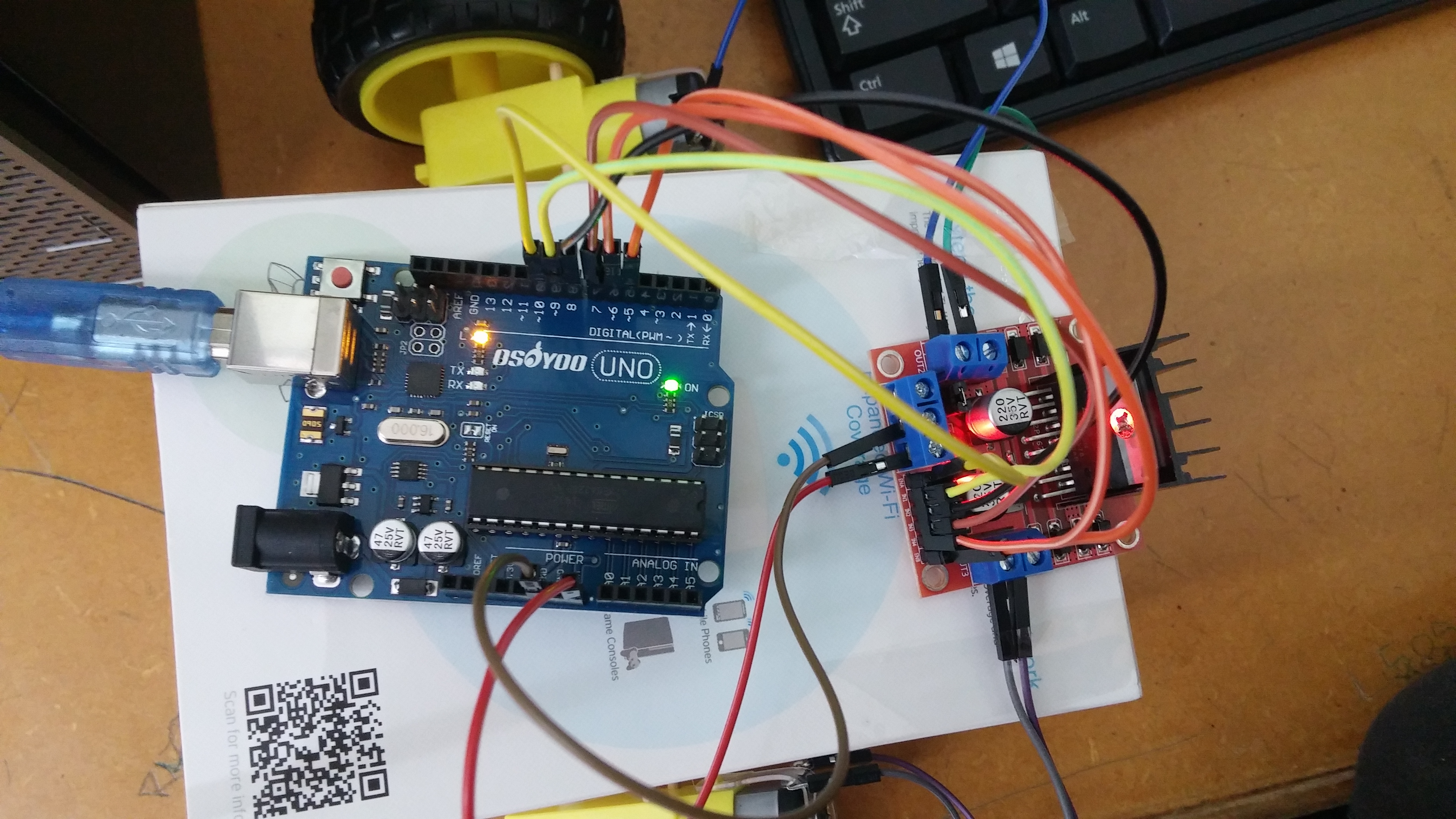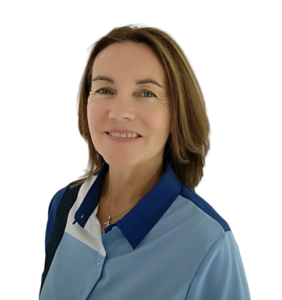Professional relationships
Engage in ethical, respectful, positive and collaborative professional relationships with:
a) ākonga
b) teaching colleagues, support staff and other professionals
c) whānau and other carers of ākonga
d) agencies, groups and individuals in the community
Evidence
Developing positive, professional relationships is paramount for me in my teaching practice. Whether dealing with students, their whānau or my colleagues I always aim to communicate clearly, opening and with integrity.
a) ākonga
I know the value of having good relationships with ākonga and this was a focus of mine for my Kia Eku Panuku professional development. I focused on two classes, one was with my Year 10 Social Studies class and the other was with my Year 11 Digital Technologies class. The file below is a transcript from a focus group interview of students from Year 11 Digital Technologies class. My Kia Eku Panuku facilitator conducted the interview, students’ identities were kept anonymous.
professional-relationships_akonga
b) teaching colleagues, support staff and other professionals
In the latter part of 2016 our school was working towards Chromebook adoption for all new Year 9 students in 2017. We would be joining the highly successful Kaikohekohe Education Trust and my role as Lead Teacher of Digital Technologies includes acting as the liaison person between the trust, our school and my colleagues. For many teachers at our school, the move to predominantly teaching through the utilisation of digital technologies would be a significant change that would require a considerable amount of upskilling. In addition to running professional development workshops once a week after school I also developed a website to act as our online hub for resources, links to ‘how to’ tutorials, pedagogical readings and other school exemplars. Using Google Sites it is intended as a collaborative work in progress, here’s the link to see more.
c) whānau and other carers of ākonga
In 2016, I really stepped up my online communication with whanau through class websites and frequent emails. I tried to keep parents informed about when and what their child was required to do in regards to their homework via our class website and through group emails. I created electronic assessment and marking schedules (see here) which made it not only easy to share with students but also their parents. Feedback from parents was positive and something I plan to build on next year;
d) agencies, groups and individuals in the community
This year I took a group of Year 10 Social Studies students to visit Parliament in Wellington. It was a fantastic opportunity for students and brought to life for them the importance of government, the type of issues discussed there and by whom. For some of our students in the group this was the first time they had ever flown or been away from their whanau. We were warmly received by Miranda Thomson and her team at the Parliament Education Services they do a fantastic job. The students got to me Kelvin Davis in his office, a tour of Parliament buildings and sat in the public gallery while the house was sitting. The trip would not have been possible without the support from the New Zealand Business and Parliament Trust who provided financial assistance for some of our students’ travel.
Students also got to participate in the Eye on the Hive programme with Capital E Studios in Wellington. This gave students the chance to be news reporters and ministers at government discussing a fictional argument complete with media scrum. A visit to Victoria University also got students thinking about future steps for themselves after high school.



